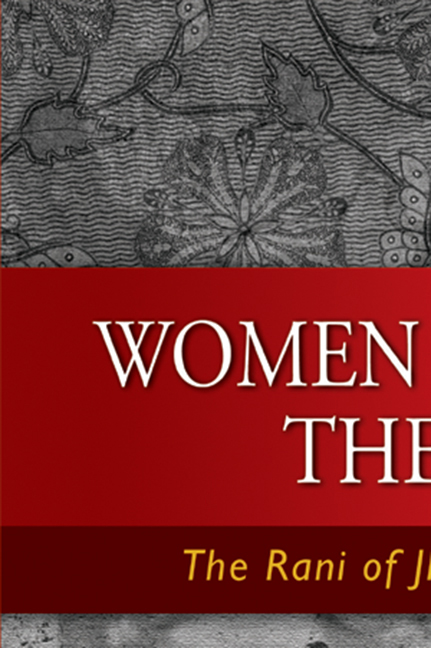Book contents
- Frontmatter
- Dedication
- Epigraph
- Contents
- Message from ISEAS Director
- Foreword
- Preface
- Acknowledgements
- 1 The Historical Rani
- 2 Bengali Nationalism
- 3 Bengali Women Revolutionaries
- 4 Subhas Chandra Bose
- 5 The Indian National Army
- 6 Volunteers from the Malayan Rubber Estates
- 7 The Rani of Jhansi Regiment
- 8 Deployed to Burma
- 9 After the War
- 10 Conclusion
- Epilogue
- Bibliography
- Index
- About the Author
5 - The Indian National Army
Published online by Cambridge University Press: 21 October 2015
- Frontmatter
- Dedication
- Epigraph
- Contents
- Message from ISEAS Director
- Foreword
- Preface
- Acknowledgements
- 1 The Historical Rani
- 2 Bengali Nationalism
- 3 Bengali Women Revolutionaries
- 4 Subhas Chandra Bose
- 5 The Indian National Army
- 6 Volunteers from the Malayan Rubber Estates
- 7 The Rani of Jhansi Regiment
- 8 Deployed to Burma
- 9 After the War
- 10 Conclusion
- Epilogue
- Bibliography
- Index
- About the Author
Summary
When Subhas Chandra Bose arrived in Southeast Asia, the Indian National Army (INA) was already in existence. The INA was born in the imagination of a young idealistic intelligence officer in the Imperial Japanese Army, Major Iwaichi Fujiwara. He was sent to Bangkok in late 1941 by Imperial General Headquarters on an intelligence mission “to maintain contact with the anti-British Indian Independent League and with Malays and Chinese”. This he was to do initially in concert with a Colonel Tamura in Bangkok. The scope of his assignment was broad — “to consider future Indo-Japanese relations from the standpoint of establishing the Greater East Asia Co-Prosperity Sphere”, and also to encourage friendship between the Japanese Army and the Malays. This was a huge assignment, but within the practice in the Japanese Army of allowing great leeway to field grade officers to pursue their missions. Before he left for Bangkok, Fujiwara was dismayed to find almost no information on India available at Tokyo Headquarters.
To carry out his project Fujiwara was given few staff, whom he named F Kikan, or Friendship Kikan. In Bangkok he contacted several Indians, among them Pritam Singh, and Amar Singh, an elderly priest of long residence there. He extended his contacts to anti-British Malay organizations and to the Aceh in Sumatra and at times relied on a young Japanese agent known as The Tiger of Malaya.
In fighting between the Japanese Army units and forces of the British Indian Army near Jitra, Indian officers and men were surrendered by Colonel Fitzpatrick to Japanese officers, including Fujiwara. Among the Indian officers was a spirited Sikh named Mohan Singh, and between Fujiwara and Mohan Singh there was instant rapport. The two majors were the same age, and Fujiwara spoke about cultural traditions Japan and India shared, including Buddhism. To Mohan Singh, Fujiwara sounded indignant about India's subjection under British rule, and the two talked for a long time. During the conversation Mohan Singh told Fujiwara about Subhas Chandra Bose, the Indian revolutionary in exile in Berlin. Mohan Singh said that if Bose were brought to Asia, all Indians would unite against Britain. Fujiwara noted that nearly every Indian with whom he spoke to revered Bose, and he passed these comments on to Tokyo.
- Type
- Chapter
- Information
- Women Against the RajThe Rani of Jhansi Regiment, pp. 44 - 59Publisher: ISEAS–Yusof Ishak InstitutePrint publication year: 2008

